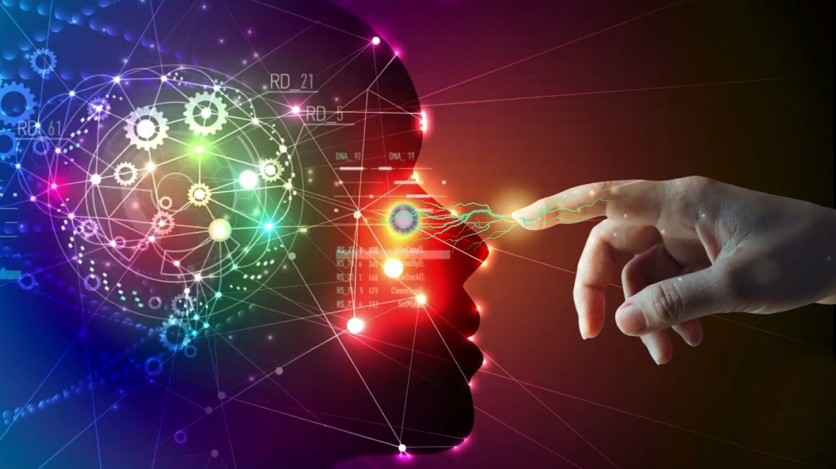Artificial Intelligence has yet to impact the work of the greatest scientists, as per several Laureates in an Interesting Engineering report during the inaugural 2023 Hong Kong Laureate Forum.
Speaking on the forum, renowned optogenetics scientist Professor Gero Miesenboeck. The scientist who developed the fundamentals of optogenetic control by activating neurons that are ordinarily light-insensitive using rhodopsin back in 2002 feels that artificial intelligence has not yet had a substantial impact on the research he works with.
The report states that Professor Miesenboeck's notion is also what other attending scientists feel about the booming technology.

Another laureate and recipient of the HKLF 2023 prize is Professor Gerd Faltings, a German mathematician known for his contributions to arithmetic geometry, stated that "AI hasn't come so far, I would say," with him adding that the technology is only for "checking proof."
The Hong Kong Laureate Forum, wherein the aforementioned notable scientists gathered, is where the world's top scientists and the upcoming generation of scientific leaders unite to exchange ideas, collaborate, and motivate societal impact.
These notions imply that the world's greatest scientists believe that artificial intelligence has yet to impact the sciences to a significant degree. At the same time, that remains to be a debate or a question to be answered in the future, Nature.com recently published a survey asking a similar question to 1,600 researchers and scientists.
Researchers on AI Affecting the Sciences
The survey results showed that more than half of the researchers and scientists who responded anticipated that AI technologies would become "very important" or "essential" for their disciplines and studies. However, experts have also voiced serious worries about how AI is changing the nature of study.
Asking about machine learning, the researchers identified several applications of AI technologies for their work. When asked about potential benefits, two-thirds highlighted quicker data processing, 58% stated previously impractical computations, and 55% mentioned that AI saves scientists money and time.
The reported survey revealed that some many researchers and scientists are worried about how AI will affect research. On a list of potential drawbacks, 69% of the researchers stated that artificial intelligence tools could increase dependence on pattern recognition without comprehension, 58% said that findings could reinforce bias or discrimination in data, 55% believed that the tools could facilitate fraud, and 53% mentioned that careless use could result in research that cannot be replicated.
Researchers reportedly most frequently mentioned ChatGPT and similar Chatbots when asked to list the most remarkable or practical example of artificial intelligence tool in science, closely followed by protein-folding AI tools, such as AlphaFold, that create 3D models of proteins from amino-acid sequences.
On the other hand, ChatGPT was also ranked as the most problematic use of AI in science by researchers. When asked to choose from a list of potential drawbacks for generative AI, 68% of researchers were concerned about the spread of false information, 68% believed that it would facilitate plagiarism and make it more difficult to detect, and 66% were concerned about adding errors or inconsistencies into research papers.
AI Use in Research, Still a Minority
Another noteworthy detail per the survey was that only a small percentage of researchers frequently utilize AI Chatbots at work. A little over 28% of AI researchers claimed to use generative AI products like Chatbots daily or more than once a week, compared to 13% of AI users who claimed to do so and barely 1% of other respondents, many of whom had at least tried the tools.
Most uses across all categories were for creative enjoyment unrelated to research; a lesser percentage of users wrote code, generated ideas for new research projects, and assisted with research paper writing.
Related Article : AI-Influencer Models Can Attract Consumers as Effectively as Humans, New Study Finds

ⓒ 2025 TECHTIMES.com All rights reserved. Do not reproduce without permission.




